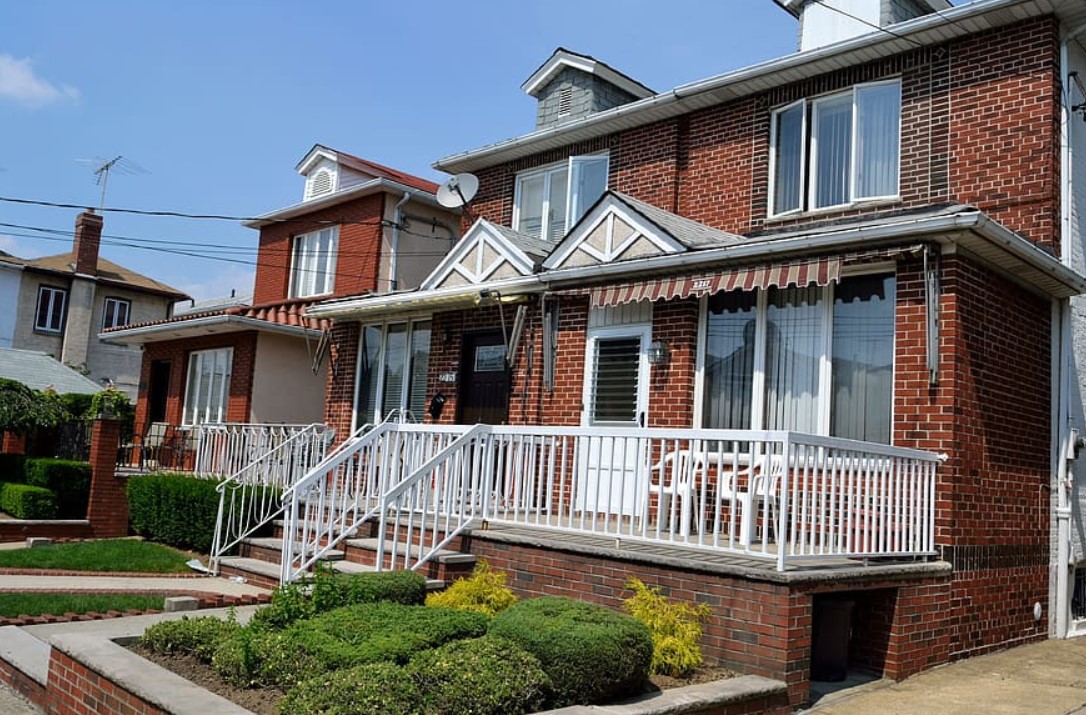Buying a home in New York City can be a daunting and competitive process, especially in a market that is constantly changing. That’s why it’s important to have some negotiation skills and strategies to help you get the best deal possible. Whether you are looking for a condo, co-op, townhouse, or single-family home, here are some tips from experts and experienced buyers on how to negotiate like a pro in NYC.

Know your budget and your market
Before you start looking for a home, you need to know how much you can afford and what kind of home you want. You also need to research the market and the neighborhood you are interested in, and compare the prices and features of similar properties. This will help you determine the fair value of the home you want, and avoid overpaying or underbidding.
You can use online tools and databases, such as StreetEasy, Zillow, or Trulia, to find comparable sales and listings, or consult with a broker who can provide you with more detailed and updated information.
Find a good broker and build a rapport
Having a good broker on your side can make a big difference in your negotiation process. A good broker will not only help you find the right home, but also advise you on how to make a strong and realistic offer, communicate with the seller’s broker, and handle any issues or challenges that may arise along the way.
It’s also important to build a rapport with the seller’s broker, as they are the ones who will present your offer to the seller and influence their decision. You want to show them that you are a serious and qualified buyer, and that you are respectful and cooperative.
Be flexible and creative
Negotiating is not just about the price, but also about the terms and conditions of the deal. You need to be flexible and creative, and think of ways to make your offer more attractive to the seller, without compromising your own interests.
For example, you can offer to pay the transfer tax, which is usually the seller’s responsibility, or waive some contingencies, such as financing or inspection, if you are confident and prepared. You can also offer a quick closing, or a longer one, depending on the seller’s preference and situation.
You can also use some psychological tactics, such as making an odd-numbered offer, which can make it seem more precise and well-researched, or adding a personal letter, which can appeal to the seller’s emotions and connection to the home.
Don’t get emotional or attached
One of the biggest mistakes buyers can make is to get emotional or attached to a home, and let their feelings cloud their judgment. This can lead to overpaying, making unreasonable concessions, or losing the deal altogether.
You need to remember that buying a home is a business transaction, and that there are many factors and variables that can affect the outcome. You need to be prepared to walk away if the deal is not in your favor, or if you encounter any red flags or deal-breakers.
Have a backup plan
Even if you follow all the tips and strategies above, you may still face some challenges or surprises in your negotiation process. The seller may reject your offer, or accept a higher or better one from another buyer. The home may have some hidden defects or issues that are revealed during the inspection or appraisal. The market may change unexpectedly, or you may encounter some personal or financial difficulties.
That’s why you need to have a backup plan, and be ready to adjust your offer, look for another home, or postpone your purchase, depending on the situation. You also need to have a contingency fund, and a good lawyer, to help you deal with any legal or financial problems that may arise.








